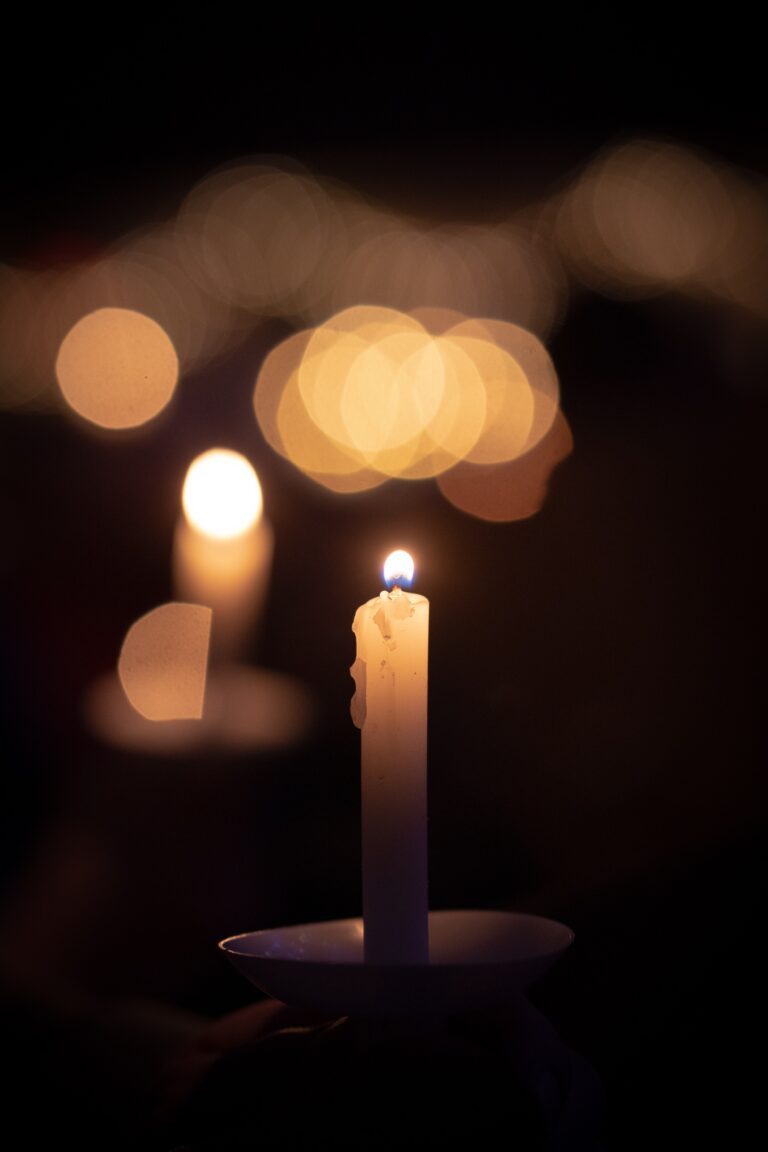Update on Israel 11-1-23
Nov. 1, 2023—
One of seminal events of the Holocaust occurred on November 9-10, 1938 when the Nazis enacted Kristallnacht, a series of organized pogroms against German and Austrian Jews. Not content with burning and looting Jewish homes and businesses and arresting 30,000 Jewish men, the Nazis actually blamed the Jews for the pogrom after the fact.
As our collection shows, the German government immediately held Jews responsible for the damage inflicted on them, confiscating all insurance payouts to Jewish homes and businesses, forcing Jews to clean up debris, and imposing a collective fine on the German Jewish community.
All of this was part of a plan. For years prior to 1938, Hitler’s government bombarded its citizens with materials characterizing Jews as conniving, subhuman traitors – and Kristallnacht indicated that the propaganda had been effective. The lack of widespread outcry from Germany’s non-Jewish population signaled to the Nazis that they could proceed with even more extreme forms of bigoted violence with relative impunity.
In the same vein, Hamas blamed Israel for its onslaught of October 7th. A Hamas official described the terrorist group as “victims” in an interview, saying: “Nobody should blame us for the things we do. On Oct. 7, Oct. 10, Oct. 1,000,000—everything we do is justified.”
People and organizations around the world have echoed that claim, labeling Hamas’ barbarism as “resistance” rather than terrorism in a variety of contexts including a letter signed by 31 student organizations at Harvard. Moreover, eerily reminiscent of photos from Kristallnacht, we’re now seeing Stars of David painted on Jewish homes and businesses. This is victim-blaming, straight from the Nazi handbook. The Holocaust showed us how this can turn out when the world stays silent.
Kristallnacht exemplified how antisemitic lies create an atmosphere where victim-blaming flourishes. Last week, far too many people and media organizations were willing to accept Hamas’s word over Israel’s with respect to a fire at a Gaza hospital, and the misinformation was amplified by comments sections and events around the world.
That lie had to be debunked, and we thank our leaders, including the bipartisan pair of Congressmen Moscowitz and Lawler, for trying to ensure that the correction was as prominent as the error. They exemplify how social media users can call attention to pervasive falsehoods, and we encourage anyone who feels comfortable doing so to share corrective information with friends online.
The truth about the war is heartbreaking enough without embellishment, and our thoughts are with all the innocent civilians, Israeli and Palestinian, whose lives have been transformed by Hamas’ violence on October 7.
Both parents and educators have reached out to ask the Museum how they can address the conflict with their school leaders, children, and students. Our full set of educational resources is available here, though identifying and denouncing terrorism doesn’t require delving into complex historical and political questions. If you’re looking for help expressing your feelings in a way that is focused on taking positive action through the lessons of the Holocaust, feel free to draw from our statement and other communications, available here.
We’d again like to thank everyone who has become an Upstander over the past few weeks. Now is not the time to rest. The world needs Upstanders, and delivering positive reinforcement is a powerful and easy way to reward those who do the right thing. Our community has powerful and committed allies who deserve our support – the contact information for St. Pete councilmembers Montanari, Hanewicz, Driscoll, Gerdes, Gabbard, and Figgs-Sanders is available here, and Tampa Mayor Jane Castor’s information is here. Wherever you live, take the time to thank your legislative representatives if they’ve spoken up. It takes little time, and the value is immense.
Being an Upstander doesn’t always require grand gestures, but it always requires action. Whether it’s a talk with your child, parent, teacher, employer, employees, an email of affirmation to an elected official, or a social media post sharing the Museum’s resources, we all can do something, and, as the Holocaust taught us, it is incumbent on all of us to take positive action to make a difference.
Kristallnacht was a warning, and we have to heed its lessons. The Museum will commemorate Kristallnacht on November 9 with a service and candle lighting, followed by a keynote address from Stacy Bernard Davis, Deputy Special Envoy for Holocaust Issues for the US State Department. She is a powerful ally for the civilized community at the highest levels of government; you can RSVP to the event here.
Please make this the week you speak up. If you’re looking for ideas, don’t hesitate to get in touch.
|
|
|

